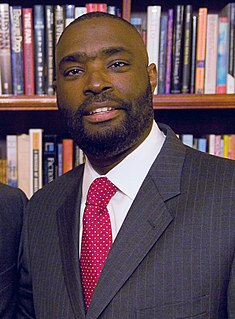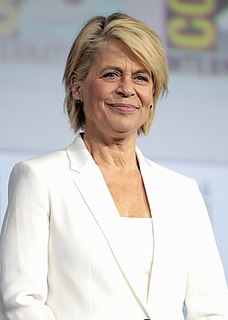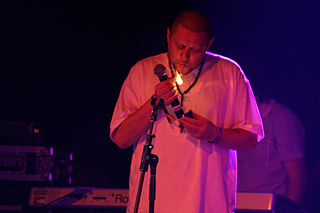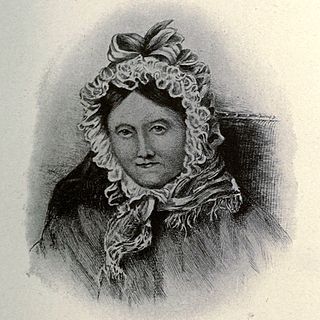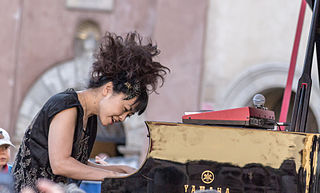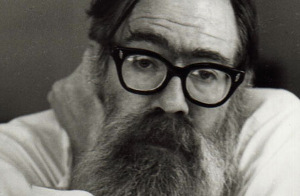A Quote by Randall Jarrell
Anyone who has read Yeats's wonderful Autobiography will remember his Sligo shabby, shadowed, half country and half sea, full of confused romance, superstition, poverty, eccentricity, unrecognized anachronism, passion and ignorance and the little boy's misery. Yeats was treated well but was bitterly unhappy; he prayed that he would die, and used often to say to himself: "When you are grown up, never talk as grown-up people do of the happiness of childhood.
Quote Topics
Anachronism
Anyone
Autobiography
Boy
Childhood
Confused
Country
Die
Eccentricity
Full
Grown
Grown-Up
Half
Happiness
Himself
His
Ignorance
Little
Misery
Never
Often
Passion
People
Poverty
Prayed
Read
Remember
Romance
Say
Sea
Shabby
Superstition
Talk
Treated
Unhappy
Up
Used
Well
Will
Wonderful
Would
Yeats
Related Quotes
The entire history of humanity is marked by a single inexorable movement - from animal instinct toward rational thought, from inborn behavior toward acquired knowledge. A half-grown panther abandoned in the wilderness will grow up to be a perfectly normal panther. But a half-grown child similarly abandoned will grow up into an unrecognizable savage, unfit for normal society. Yet there are those who insist the opposite: that we are creatures of instinct, like wolves.
Who will cry for the little boy, lost and all alone?
Who will cry for the little boy, abandoned without his own?
Who will cry for the little boy? He cried himself to sleep.
Who will cry for the little boy? He never had for keeps.
Who will cry for the little boy? He walked the burning sand.
Who will cry for the little boy? The boy inside the man.
Who will cry for the little boy? Who knows well hurt and pain.
Who will cry for the little boy? He died and died again.
Who will cry for the little boy? A good boy he tried to be.
Who will cry for the little boy, who cries inside of me?
Memento mori - remember death! These are important words. If we kept in mind that we will soon inevitably die, our lives would be completely different. If a person knows that he will die in a half hour, he certainly will not bother doing trivial, stupid, or, especially, bad things during this half hour. Perhaps you have half a century before you die-what makes this any different from a half hour?
When grown people speak of the innocence of children, they dont really know what they mean. Pressed, they will go a step further and say, Well, ignorance then. The child is neither. There is no crime which a boy of eleven had not envisaged long ago. His only innocence is, he may not be old enough to desire the fruits of it...his ignorance is, he does not know how to commit it...
Now, my mom did not read well and she read 'True Romance' magazines, but she read with me. And she would spend 30 minutes a day, her finger going along the page, and I learned to read. Eventually, by the time I was four and a half, she could iron and I could sit there and read the 'True Romance.' And that was wonderful.
Critics who treat adult as a term of approval, instead of as a merely descriptive term, cannot be adult themselves. To be concerned about being grown up, to admire the grown up because it is grown up, to blush at the suspicion of being childish; these things are the marks of childhood and adolescence.
Let's contemplate this, how many people would die if war breaks out. There are 2.7 billion people in the world. One-third could be lost; or, a little more, it could be half... I say that, taking the extreme situation, half dies, half lives, but imperialism would be razed to the ground and the whole world would become socialist.
I found a strawberry blossom in a rock. The little slender flower had more courage than the green leaves, for they were but half expanded and half grown, but the blossom was spread full out. I uprooted it rashly, and I felt as if I had been committing an outrage, so I planted it again. It will have but a stormy life of it, but let it live if it can.
A child isn’t born bitter. I point no fingers as to who tainted the clean, pure pool of my childhood. Let’s just say that when I realized that I didn’t want to grow up, the damage was already done. Knowing that being grown up was no swell place to be means that you are grown up enough to notice. And you can’t go back from there. You have to forge another route, draw your own map.




